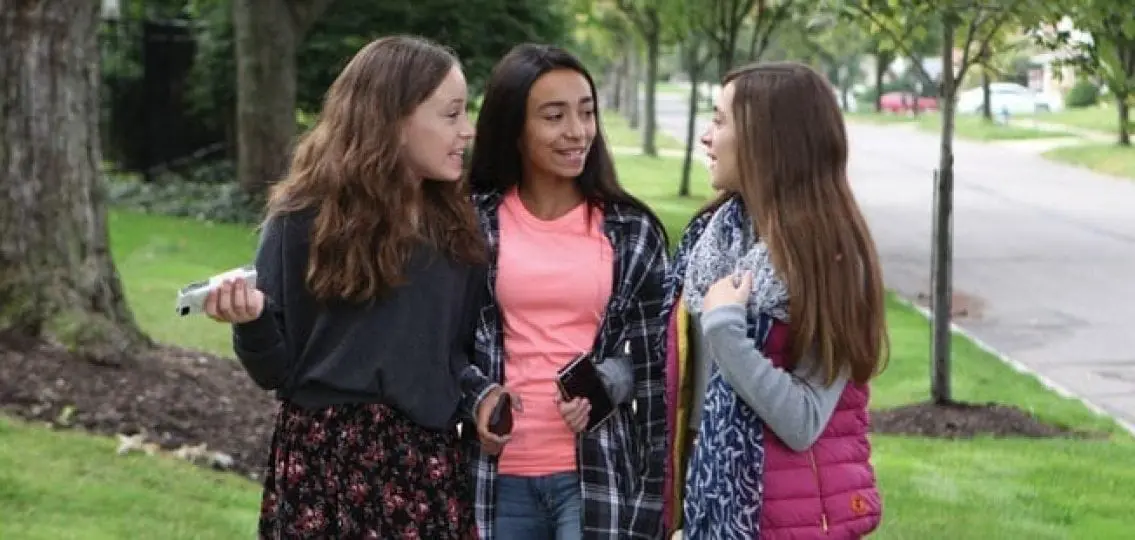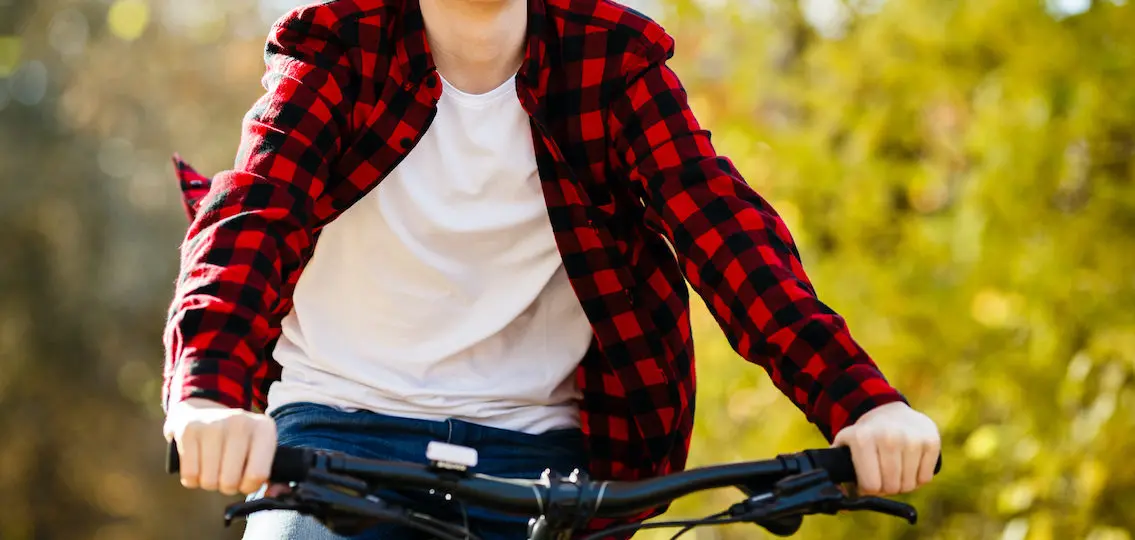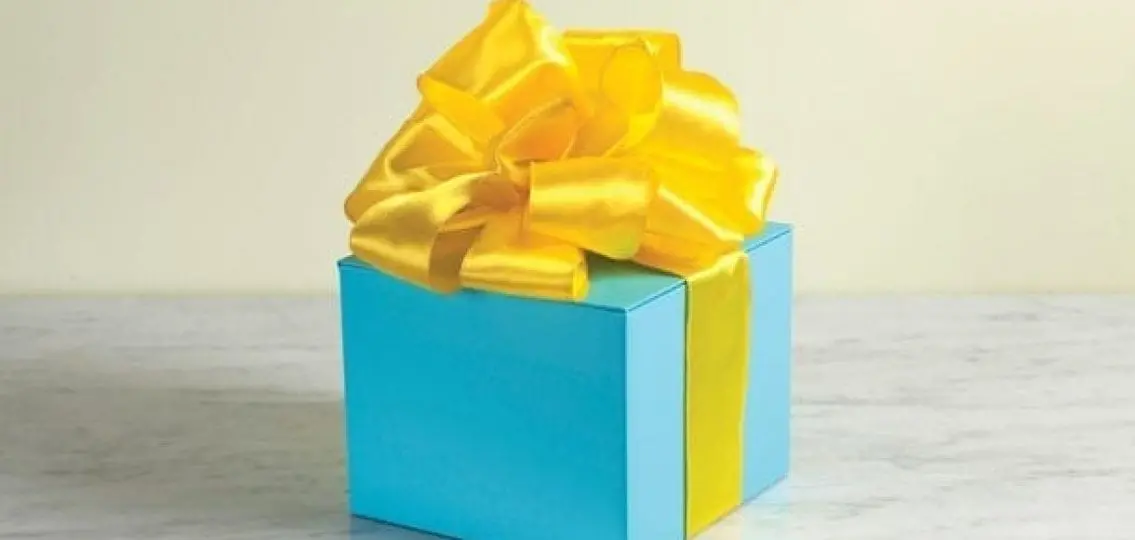The most important thing teenagers aspire to that crosses the boundaries of time and space has always been the same thing: independence. Our role as parents is to help them use their teen years to help them become responsible and trustworthy adults.

I remember my thirteenth birthday like it was yesterday. My parents took me out to dinner and gave me a small box. I opened it only to find the words “your room” written inside. At age thirteen, my parents were giving me my first big freedom, 120 square feet of real estate on the second floor of their home. Never again would they ask me to pick it up, tell me how I could arrange it, or nag me to make my bed. My room was my own. If they didn’t like it, they would simply close the door.
My parents explained that freedom came in boxes. Just as a child is slowly entrusted space from a playpen, to a room with a gate, then the ability to play throughout the house, so would my freedom grow in my teen years.
Each year, as I proved to them that I could handle the responsibility gifted to me, my birthday gift would arrive as a new and bigger box of freedom.
Their goal with these birthday gifts was to help develop me into a self reliant, independent adult. On my fourteenth birthday, if I had proven to my parents that I was responsible with my room then a new and bigger freedom awaited me. Knowing, at thirteen, what freedoms were ahead for me each year was incentive to earn my parents’ trust and earn a bigger box of freedom.
Every year, I opened a new box. I’d find new freedoms about homework, my curfew, dating, getting my driver’s license, job opportunities and ultimately, the world.
I remember my dad taking me to the DMV exactly 30 days after my sixteenth birthday, the first day the state of Indiana would allow me to get my driver’s license. He waited patiently as I took my test, got my picture taken, and received my brand new license. He told me he was proud of me, and that I earned such a great privilege. Hearing those words meant more than any freedom.
He handed me the car keys and I drove his navy blue Buick home through the December snow as he sat in the passenger seat. Many teenagers see a driver’s license as a right. I saw it as a responsibility and a sign of my parents’ faith in me. I also saw it as one step closer to a bigger box of freedom.
At 18 years old, diploma in hand, my family sang my praises at my graduation. But the only exact words I remember were from my dad.
As he leaned in to hug me, I heard him say, “no more boxes.” I knew what he meant.
I was 18. I had graduated high school. Like they told me on my thirteenth birthday, and every birthday in between, their goal was to be able to say those words to me on this day and know I was ready to face the world. I was able to manage my time, my friends, and my work without them. I had proven to them that I was responsible and could be trusted. They proved to me that they loved me enough to let go little by little and celebrate with me my successes and walk with me through my failures.
As we look to our children’s teenage years, my husband and I often talk about what will be inside their boxes of freedom. Today, there are so many new challenges our teenagers face with iPhones and social media. I know their boxes will probably look a little different than my own twenty years ago.
I encourage every parent who reads this to look at each of your teenagers individually.
See how you can help prepare them for adulthood. Remember to release your children to those things with which you know they can succeed.
Allowing a 13-year-old a midnight curfew is asking them to fail. We, as parents, should be the biggest supporters of our teenagers. So in this instance, we need to set them up to succeed. This is not only done through releasing them to new, achievable freedoms. It means we should be the example of how to properly manage those freedoms ourselves.

Ultimately, the best gift I was given by my parents was not my independence, but my relationship with them. They allowed me to feel their trust and the ability to earn more of it. They were also my biggest supporters when I failed. My parents showed me what forgiveness looked like and how anyone can right a wrong. They loved me enough to let me go little by little. And the more they let go of me as their child, the more I became their friend.




